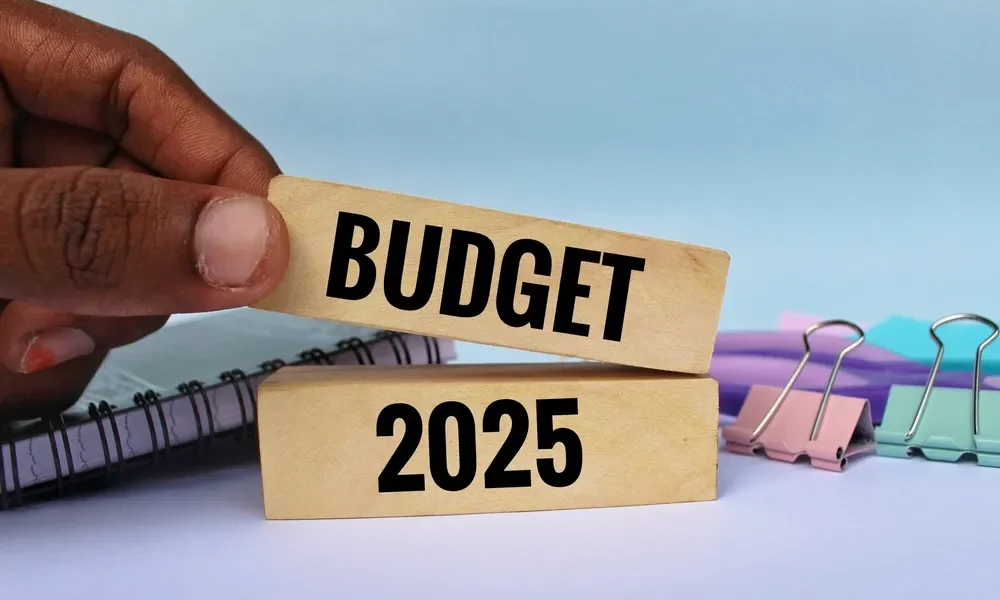Online shop eBay’s popular electronic payment system PayPal seems to have been blocking all personal transactions to and from India. Strangely, it has offered no justification for this decision
In a perplexing move, popular electronic payment gateway PayPal Inc has suddenly started blocking personal transactions to and from India. PayPal was allowing business transactions till a few days ago, but now has also stopped it along with personal and gift payments.
PayPal is an online payment and money-transfer service that allows you to send money via email, phone, text message or Skype.
This move from PayPal has left thousands of its Indian users, especially IT coders who work with many entities overseas and receive payments through PayPal, high and dry. Users whose transactions have been reversed are venting their frustration on online forums and message boards. Funds requested through PayPal India are being reversed to their senders, and users have no access to them.
Here is the standard response PayPal is sending to customers:
“Your payment of xxx has been sent back to the sender of the payment. We reversed this payment because we have stopped allowing personal payments to be sent to or from India.
“If this was a payment for a purchase of goods or services, and not a personal payment, then you may contact the buyer and have him or her resend the payment as follows: (a) click the Send Money tab, (b) select “Goods,” and (c) provide a shipping address.
“If this payment was a personal payment such as a gift, then we have requested that the sender find another payment method until we restore personal payments to and from India. We are trying to resolve this issue as quickly as possible and we’re sorry for any inconvenience.”
According to a reports from techcrunch.com, Anuj Nayar, director for global communications at PayPal had said, “I can confirm that personal payments to and from India have been suspended while we address some questions from our business partners. You can still make commercial payments. We’re trying to resolve the situation as quickly as possible and we’re sorry for any inconvenience this may cause.”
Last year in November, the Indian government had issued a notification (No No.13/2009/F.No.6/8/2009-ES dated 12 November 2009) for prevention of money laundering. Under this notification, the Reserve Bank of India (RBI) has asked all banks and financial institutions to maintain proper record of all transactions and verify identity and address of a non-account based customer or a walk-in customer.
Payments to and from PayPal to its account users in India may also involve the foreign exchange maintenance act (FEMA) that has been under a cloud over the black money issue. On Friday, many renowned personalities had filed another petition in the Supreme Court seeking a direction to the Indian government to bring back unaccounted black money to the tune of around Rs65 lakh crore (Rs65 trillion) stashed away in banks abroad.
Although PayPal provides money transfer service to and from India, neither the company nor its account holders pay any tax on the transaction. When Moneylife contacted the RBI to know about the PayPal issue, an official said,”We have no idea why this is happening. PayPal doesn’t come under RBI’s purview.”
The question is then how can the country receive money, in foreign currencies, without any accountability and supervision? Some of the comments on techcrunch.com also say that many Indian account holders ask their payee to make the payment as a ‘gift’ rather than payment for services to avoid PayPal fees. One such comment said: “A lot of business must be transacted in India via PayPal—business done with personal transactions. So a money-hungry Indian government is aggravated at some perceived revenue loss (taxes, customs, etc.) and (has) put pressure on PayPal to stop the payments either directly or indirectly.”
We don’t know. What we know for sure is PayPal users from India are left with no alternative but to search for an alternative payment service.




